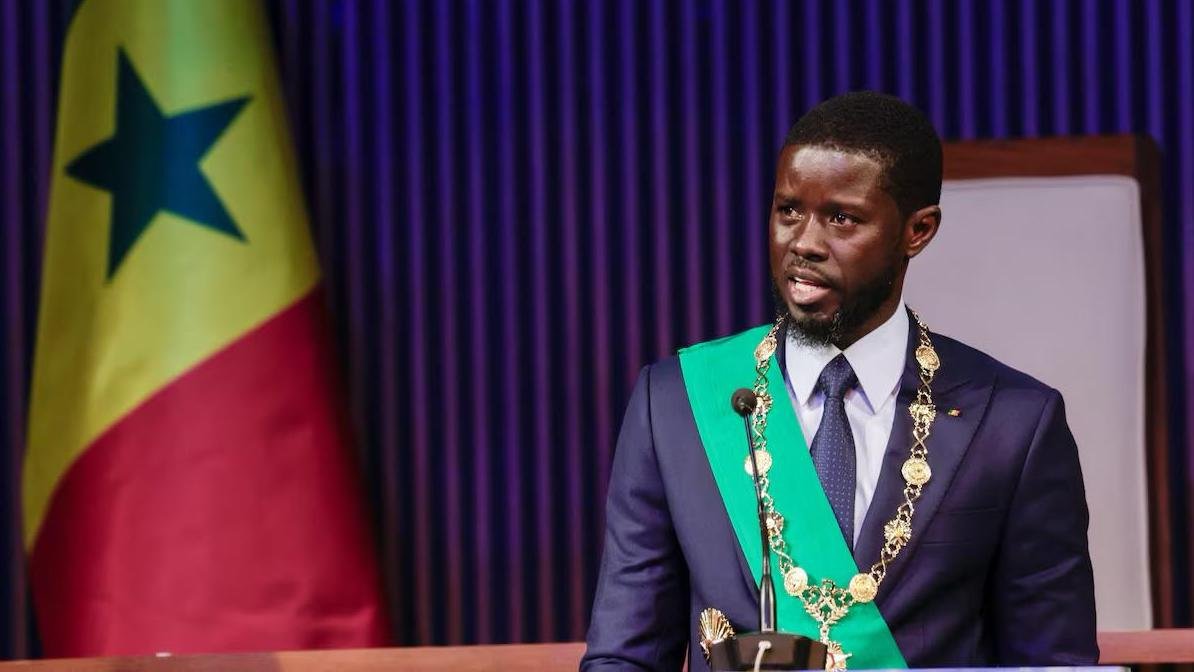Zimbabwe’s President, Emmerson Mnangagwa, has declared a state of disaster due to a severe drought afflicting the nation, attributed to the El Niño climate event. This natural phenomenon has led to significantly reduced rainfall across southern Africa.
President Mnangagwa in his address said Zimbabwe requires USD $2 billion in aid to address the widespread hunger affecting millions. The country, severely impacted, anticipates that over 2.7 million of its residents will face food shortages this year, with grain harvests expected to meet just over half of the national requirement.

During a press conference, President Mnangagwa emphasised the urgency of the situation, stating, “No Zimbabwean must succumb or die from hunger,” and announced the state of disaster to mobilise resources for the crisis. This situation is further exacerbated by the drought’s impact on hydroelectric power production, a key energy source for Zimbabwe.
The broader region is also suffering, with countries like Malawi and Zambia already having declared their own drought emergencies. The World Meteorological Organisation (WMO) has ranked the current El Niño among the five strongest recorded, forecasting that its effects will persist, intensified by greenhouse gas-induced atmospheric heat.
Significant agricultural zones in Malawi, Mozambique, Namibia, Zambia, and Zimbabwe received merely 80% of the typical rainfall during the recent southern hemisphere summer, leading to the driest January and February in four decades.
The United Nations and its affiliates are mobilising to formulate a response, as the drought threatens to deepen food and water scarcity, threatening health crises like cholera and increasing the risk of malaria due to potential heavy rains and flooding.
Zimbabwe’s reliance on imported genetically modified maize from South Africa highlights the regional food supply strain, with escalating food prices further burdening the impoverished population.
The economic challenges facing Zimbabwe, including corruption, mismanagement, and inflation, have compounded the hardships faced by its people. President Mnangagwa’s call for efficient use of irrigable land to mitigate future crisis highlights the dire need for strategic planning and international aid to prevent further catastrophe in the region.










